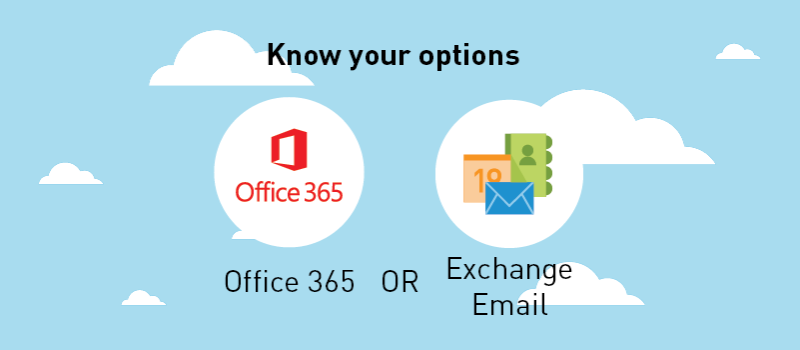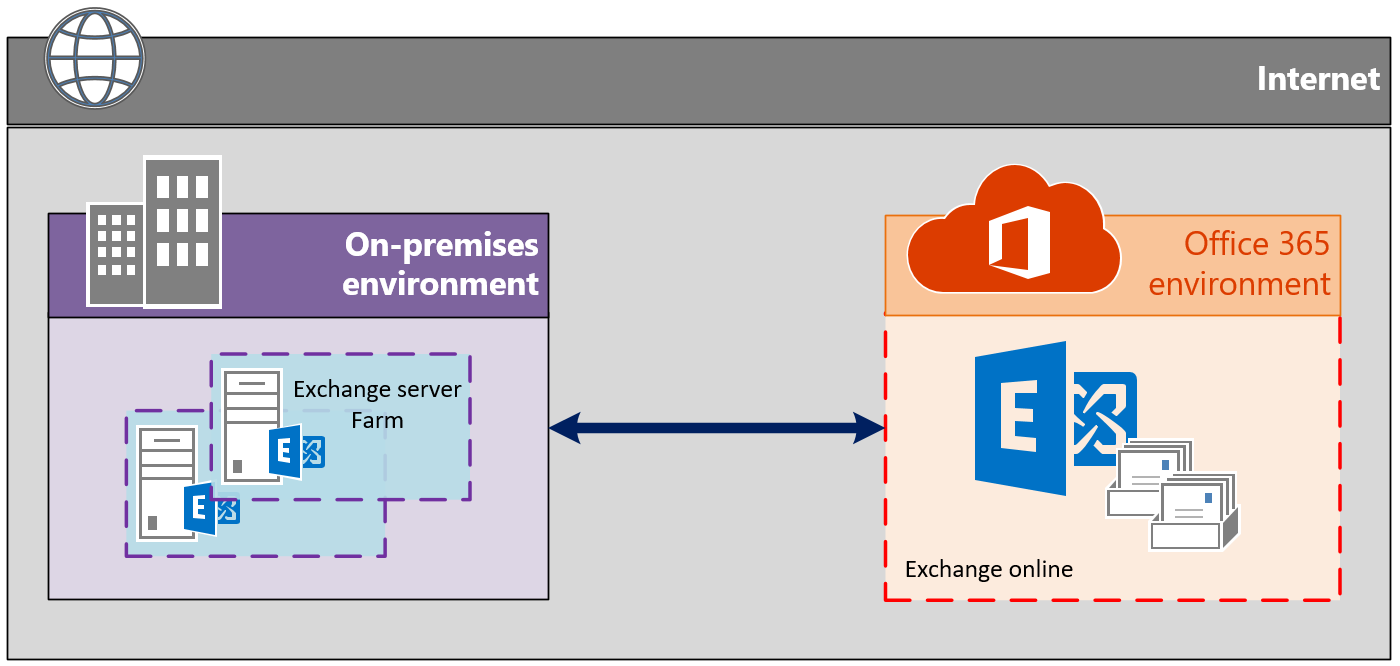Exchange Server On-Premise
On-Premise usually refers to keeping a server(s) required for Exchange to run within the company. Although many are quick to tell you that, this is absolutely the best solution for anyone in any scenario, I will disagree. I am not against On-Premise, in fact I found myself using it many times but it is not always the best solution.
Advantages:
- The hardware belongs to the business with full control. Hardware ownership is also considered a disadvantages as all the associated maintenance and hardware problems will need to be dealt with by the business.
- In-house Exchange Server enables simpler integration to external systems that will work with MS Exchange. Examples: File-Smart & Mail-Store, etc.
- Exchange Data is in your control and you have the location.
- Server updates, re-starts, backups and shutdowns can be controlled and conducted at a time convenient to the business.
- Upgrades and Server configuration changes can be applied to the infrastructure at a time that is convenient to the business.
- Good Performance and access times are achieved if the Exchange Server is well configured and setup because of the end user proximity to the Server performance and access to information is not reliant on the Internet. Outages, bottlenecks to the business internet connection will not affect accessibility and performance.
- Full accessibly of Mail Boxes from anywhere externally provided that there is an internet connection.
- Complete email archiving together with sophisticated search facilities.
- Public Folders allowing the sharing of one Mailbox to all users. Efficiency in the use of storage.
- Supports ability to configure multi-level and high- level security.
- Supports the wiping of mobile devices including IPADs in case they have been stolen.
Disadvantages:
- Hardware maintenance and issues become the responsibility of the business to resolve.
- Large initial dollar investment in Hardware, Software and associated Licensing.
- Server Maintenance requires approximately 2 – 4 hours per month, more than the cloud solution (Casual consultancy rates is $165 per hour).
- Additional IT skills will be required to Support the Exchange Server and associated infrastructure. An example is, if the Exchange Server crashes any number of different components within your infrastructure including other Servers that host Active Directory (User Accounts/Security), DNS Internet Connections and Firewalls may require maintenance. Office 365 (externally hosted Exchange) allows the business & staff to utilize mobile devices and home internet connections enabling business continuance.
- Reliability & Uptime of internally hosted Exchange Server is completely dependent on the Exchange Server configuration and the level of investment in infrastructure to successfully host an Exchange Server. Large Corporates like Telstra and Microsoft have multiple failsafe levels making outages very unlikely (99.9% uptime).
Exchange Server On-Premise vs Microsoft Office 365 Reach Us at - support@cloudco.com.sa to know more.
Reach Us at - support@cloudco.com.sa to know more.
 Reach Us at - support@cloudco.com.sa to know more.
Reach Us at - support@cloudco.com.sa to know more.
